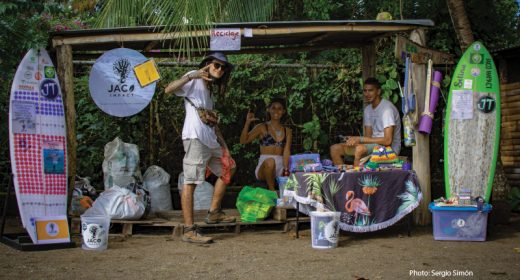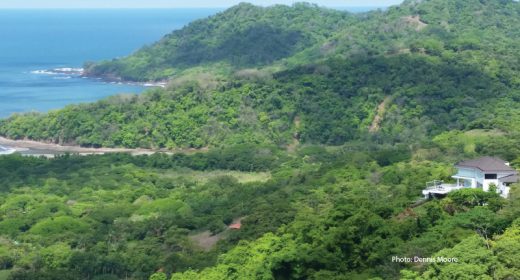
Legal Ease – Estate Planning
- APR 04, 2017Warning: count(): Parameter must be an array or an object that implements Countable in /home/howlermag/public_html/old/wp-content/themes/new-paper/includes/general.php on line 193

Your Lead Paragrpah goes here
“Da tua dum tua sunt, post mortem tunc tua non sunt”.
(Give that which is yours while it is yours; after death, it is not yours).
Executing a testamentary disposition or a Last Will and Testament, in Costa Rica called “testamento”, can be one of the most reliable alternatives in estate planning.
The “testamento” is the legal instrument, executed in accordance with formalities established by CR Law, that allows a person, testator, to determine how his or her assets will be managed and distributed at the time of death as well as to appoint the estate executor.
In the event that a person dies without a valid “testamento”, either by absence or invalidity, the person is considered to have died “intestate” and the distribution of assets will be governed by the intestacy laws of CR, which determine that the estate of the deceased will be transferred to the “legitimate heirs” according to a previously determined hierarchy who, although blood relatives, might be people the testator dislikes or with whom the testator is unacquainted.
The “testamento” can be limited to disposition of assets within Costa Rica only and has no legal effects until the person’s death. Previous to that moment, the “testamento” can also be revoked or modified.
If you are considering buying any real estate in Costa Rica or already have, you should get proper advice from a CR real estate attorney who will help to properly set up your CR estate planning documentation and further explain the restrictions or limitations upon the freedom of testators, the requirements and types of testamentos, and how to avoid inconsistencies with any testamentary dispositions granted in another country.









